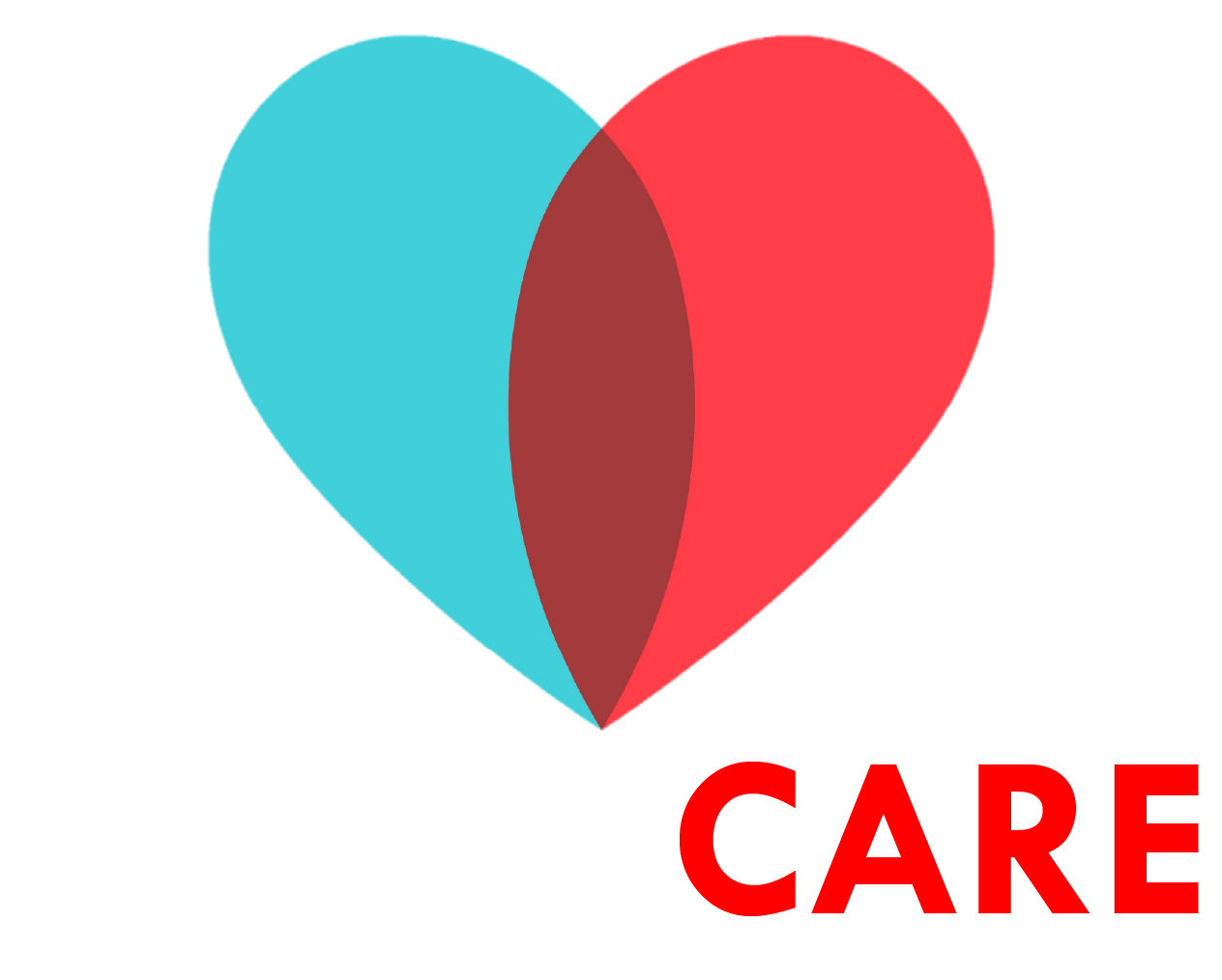Pressure ulcers, also referred to as bedsores and pressure injuries, are areas of tenderness and discoloration on the skin caused by staying in one position for too long. They most commonly occur over bony prominences such as the elbows, heels, hips, shoulders and lower back. Pressure ulcers result from a combination of factors like friction, shear forces, excessive moisture and poor nutrition.
The primary cause of pressure ulcers is unrelieved pressure that compresses the tissue beyond its tolerance limit or the time required for it to heal properly. This can be due to external sources like immobility or a medical device that applies direct pressure or internal sources like anemia or diabetes. It’s important to prevent pressure ulcers by changing position frequently, keeping the skin clean and dry and eating a healthy diet.
If you suspect that you have developed a pressure ulcer, it’s important to see your doctor or healthcare provider for an assessment. Depending on the severity of the wound, treatment may include cleaning and debridement, dressing changes, medications and/or surgery. It is also important to practice good hygiene habits as well as make lifestyle changes such as smoking cessation if necessary to ensure proper healing. If left untreated, pressure ulcers can lead to serious medical complications including infection and sepsis so it’s important to seek medical attention immediately should any symptoms arise. By taking preventative measures and seeking prompt medical help when needed, it is possible to reduce the risk of developing pressure ulcers.
Symptoms of a pressure ulcer:
– Skin that appears red, discolored or blistered
– Painful tenderness
– Open wound or scab where the skin has broken down
– Swelling and drainage from the sore
– Itchiness or a burning sensation around the area
If you are showing any of these symptoms, contact your doctor immediately. Early diagnosis and treatment can help prevent serious complications. While pressure ulcers may be unavoidable in certain cases, it is important to take proactive steps to reduce risks as much as possible. This includes changing positions regularly when in bed or sitting for long periods of time, eating a balanced diet skin clean and dry. Taking these measures can help ensure that pressure ulcers do not develop or become more severe.
